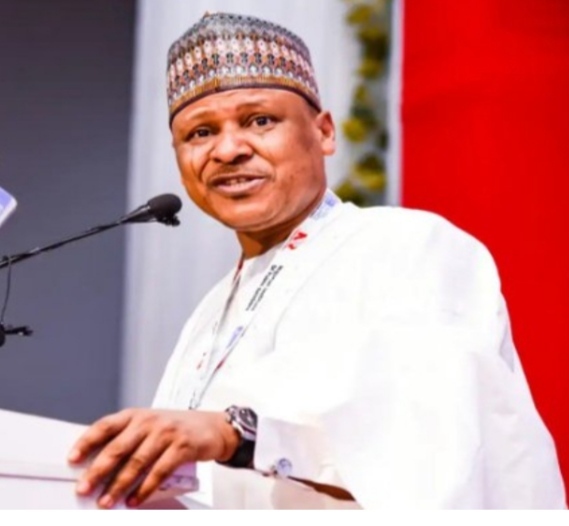
The Federal Government has promised to strengthen the community radio capacity to thrive as an effective tool in shaping the nation’s democracy.
The Minister of Information and National Orientation, Mohammed Idris announced this in a statement to commemorate World Radio Day, celebrated annually every February 13.
Idris noted that this year’s theme, “Radio: A Century of Informing, Entertaining and Educating”, reflects the remarkable achievement of radio as a means of communication and information for more than 100 years, despite the advent of social media.
“It also highlights the promise of a dynamic future for radio as a platform that has stood the test of time,” the Minister said.
“Today, I join the global Radio audience to celebrate the 2024 World Radio Day as proclaimed and adopted as an International Day by member states of UNESCO.”
According to him, Radio has been an essential medium of communication in Nigeria since 1933.
“Its unique ability to reach a wide audience makes it an ideal tool for disseminating government plans and programmes to all levels of society, including the grassroots,” Idris stressed.
“Radio,” he continued, “has played a vital role in shaping public opinion and promoting cultural unity in our diverse nation.
“The Government recognizes the diversity of the Nigerian population and acknowledges the power of radio to reach people in their local languages. To make community radio more reliable, efficient, and affordable, the government has initiated necessary reforms in the process of establishing community radio stations. Currently, only 89 such stations have been granted broadcast licenses in Nigeria. However, the Government intends to change this trend by providing a more favourable environment for other radio stations to emerge and for the existing ones to strengthen their capacity.”
The Minister also urge state governments wealthy Nigerians and other stakeholders to invest in establishing community radio stations. Such an investment, he insisted, would strengthen democracy, promote social cohesion and provide those living in rural areas with access to credible information, in line with President Bola Tinubu’s Renewed Hope Agenda.
Idris, however, cautioned radio stations across the country “whether traditional or online”, saying it was incumbent on them to be more responsible in their operations “by adhering to the principles and ethics of broadcasting”.
“Editorial functions, such as fact-checking, objectivity, and balance, must be ensured before news is released,” the Minister advised.
“We must uphold the credibility and trust associated with radio, which most Nigerians value highly,” he added.
